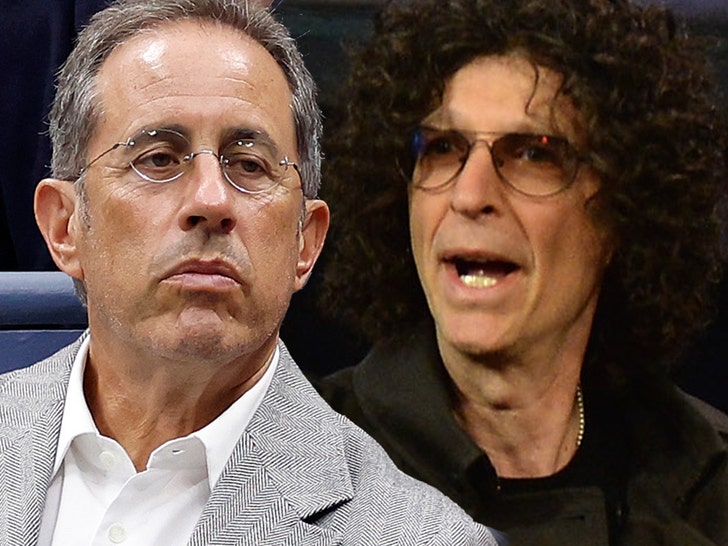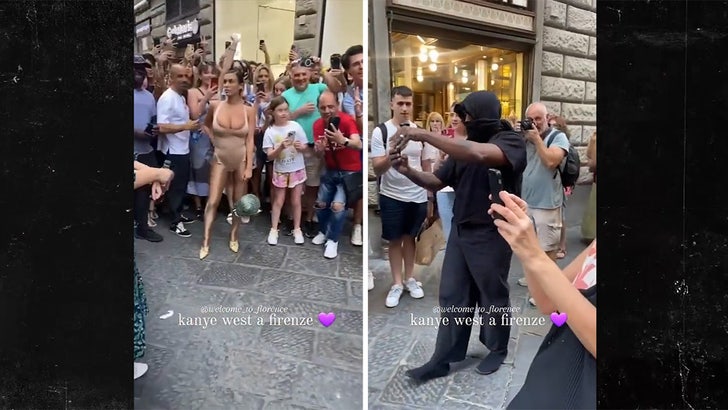

How much money do you have sitting around in a payment app?
The Consumer Financial Protection Bureau issued a warning Thursday that “billions of dollars” stored in these accounts may not be safe in the event of financial distress.
Use of non-bank payment apps such as PayPal
PYPL,
“Popular digital payment apps are increasingly used as substitutes for a traditional bank or credit union account but lack the same protections to ensure that funds are safe,” CFPB director Rohit Chopra said in a statement. “The CFPB is sharpening its focus on those that sidestep the safeguards that local banks and credit unions have long adhered to,” he added.
More than three quarters of adults in the U.S., particularly younger customers, have used a payment app, the CFPB said. Approximately 85% of consumers aged 18 to 29 have used such an app. Transaction volume across all service providers in 2022 was estimated at approximately $893 billion, the CFPB said, and is estimated to reach $1.6 trillion by 2027.
“When users of these digital apps receive payments, the funds are not usually swept automatically to the recipient’s linked bank or credit union account,” the federal agency focused on consumer protection said. “Companies hold and invest the funds. These activities are not typically subjected to the same oversight that an insured bank or credit union faces.”
“‘I wouldn’t take the risk with a significant amount of money.’”
PayPay, Venmo and CashApp did not immediately return a request for comment. Balances kept on these accounts are not FDIC-insured, but CashApp says on its website that funds held on the CashApp card are insured by the partner bank. (The FDIC generally insures up to $250,000 of a person’s deposits in each ownership category at every insured bank.)
PayPal, which also owns the digital payments app Venmo, states on its website that it is not a bank and does not itself take deposits. “You will not receive any interest, credit, or other earnings on the funds in your PayPal Balance account or Venmo account. FDIC insurance does not protect you against the failure of PayPal or Venmo,” it says.
Some states are enacting policies to increase consumer protections for payment apps, the CFPB said, but state laws do not typically require customer funds be automatically swept into insured accounts. “The CFPB will continue coordinating with other state and federal regulators to monitor the evolution of this segment of the payments ecosystem and take appropriate steps,” it said.
Funds held in these peer-to-peer payments apps are often not insured — unless customers meet specific requirements such as carrying the app’s debit card or using direct deposit or buying crypto with PayPal, said Ted Rossman, senior industry analyst at Bankrate.com. “I wouldn’t take the risk with a significant amount of money.”
“I could understand someone wanting to keep a small amount of money in their account for convenience,” he added, “but it’s also easy to move money back and forth to an FDIC-insured bank account. That’s what I do. And with some savings accounts yielding up to about 5% these days, there’s an added incentive to get the best return possible on your money.”
Separately, the FDIC has warned about other financial websites that have potentially misused its logo to promote their services. After finalizing one rule on misrepresentations of deposit insurance in mid 2022, the FDIC late last year proposed modernizing its rules governing deposit-insurance communications for a digital age.
Unlike digital-payment apps, some websites appear to market themselves as banks. “These practices not only harm those who are targeted with the false promise of deposit insurance, but, if left unchecked, could also undermine confidence in the FDIC, FDIC-insured banks, and the U.S. banking system,” FDIC chair Martin Gruenberg said in the statement.
(Eleanor Laise contributed to this report.)













